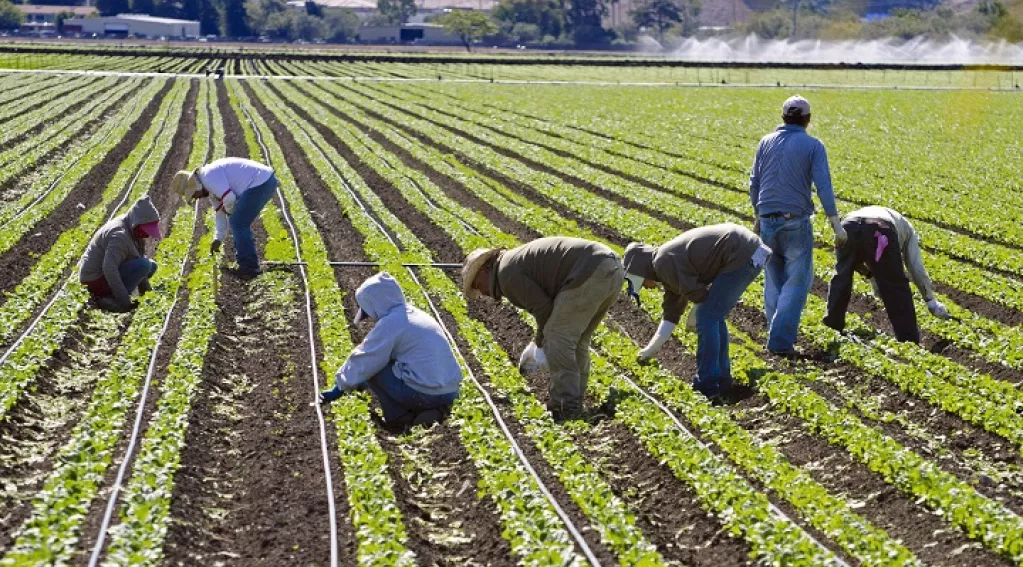A Confused Trump Would Run Farm Workers Deeper Into the Ditch

President Donald Trump had them – then he didn’t.Speaking to an appreciative crowd in Michigan last weekend, Trump got thunderous ovations for his repeated pledge to protect U.S. jobs. Then, turning to agriculture, he declared, “We have to let people come in. They’re going to be guest workers, they’re going to work on your farms.”The adoring audience went limp. The cheers faded amid confusion.Touting H-2B visas (for unskilled non-farm workers) when he meant to say H-2A visas (agricultural workers), Trump muddied the U.S. labor picture and threatened to throw more Americans under the migrant-worker bus.Though H-2A visas are up 20 percent from a year ago, ag industry lobbyists demand still more cheap farm hands. Now the administration appears ready to double down on a system that’s already crassly manipulated.The H-2A program ostensibly requires the Department of Labor to certify that “employment of H-2A aliens will not adversely affect the wages and working conditions of similarly employed U.S. workers.” Yet the ag industry can and does hire H-2A migrants because it’s cheaper than offering competitive wages to Americans.For starters, employers reap a 7.65 percent discount because payroll taxes are waived for foreign workers. Larger savings come from the payroll itself. Unburdened by having to negotiate wages with American workers, farms use H-2A’s exclusive provisions to shackle laborers.Not surprisingly, abuses, including inhumane working conditions, crop up perennially. Little wonder that bottom-feeding operations say they can’t find U.S. workers.In fact, millions of unskilled and low-skilled American citizens are either unemployed or underemployed. Among rural Americans who are working, wages are flat or falling, due in part to the ever-growing influx of foreign labor sponsored by Washington and the Big Ag lobby.By offering better pay and humane working conditions, U.S. farm operators wouldn’t have to import tens of thousands of laborers – and the consumer costs would be negligible.If prices for produce were raised by a penny or two per pound –- and the increase went to the people who did the harvesting – wages could rise by 20 percent or more.That virtuous cycle would make farm work great again.
< Previous Article
Media bias exposed in its coverage of those seeking asylum in the U.S.

